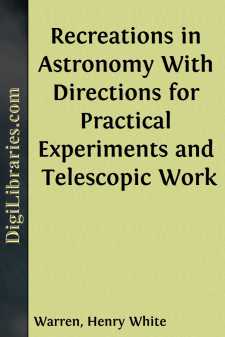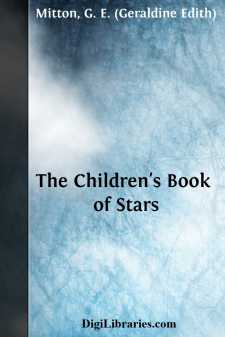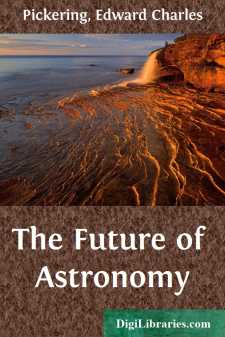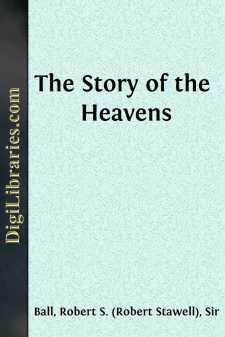Science
- Astronomy
- Biology 40
- Chemistry 13
- Electricity 1
- General 38
- History 6
- Light 1
- Paleontology 2
- Philosophy & Social Aspects 1
- Physics 3
- Relativity 2
- Study & Teaching 1
- Waves & Wave Mechanics 1
Astronomy Books
Sort by:
Page 3 RECREATIONS IN ASTRONOMY. I. CREATIVE PROCESSES. During all the ages there has been one bright and glittering page of loftiest wisdom unrolled before the eye of man. That this page may be read in every part, man's whole world turns him before it. This motion apparently changes the eternally stable stars into a moving panorama, but it is only so in appearance. The sky is a vast, immovable...
more...
by:
Charles Fort
A procession of the damned. By the damned, I mean the excluded. We shall have a procession of data that Science has excluded. Battalions of the accursed, captained by pallid data that I have exhumed, will march. You'll read them—or they'll march. Some of them livid and some of them fiery and some of them rotten. Some of them are corpses, skeletons, mummies, twitching, tottering, animated by...
more...
CHAPTER I THE EARTH It is a curious fact that when we are used to things, we often do not notice them, and things which we do every day cease to attract our attention. We find an instance of this in the curious change that comes over objects the further they are removed from us. They grow smaller and smaller, so that at a distance a grown-up person looks no larger than a doll; and a short stick planted...
more...
THE FUTURE OF ASTRONOMY BY PROFESSOR EDWARD C. PICKERING HARVARD COLLEGE OBSERVATORY It is claimed by astronomers that their science is not only the oldest, but that it is the most highly developed of the sciences. Indeed it should be so, since no other science has ever received such support from royalty, from the state and from the private individual. However this may be, there is no doubt that in...
more...
INTRODUCTION We know, both by tradition and published records, that from the earliest times the faint grey and light spots which diversify the face of our satellite excited the wonder and stimulated the curiosity of mankind, giving rise to suppositions more or less crude and erroneous as to their actual nature and significance. It is true that Anaxagoras, five centuries before our era, and probably...
more...
THE NEW HEAVENS Go out under the open sky, on a clear and moon-less night, and try to count the stars. If your station lies well beyond the glare of cities, which is often strong enough to conceal all but the brighter objects, you will find the task a difficult one. Ranging through the six magnitudes of the Greek astronomers, from the brilliant Sirius to the faintest perceptible points of light, the...
more...
CHAPTER I. THE ASTRONOMICAL OBSERVATORY. Early Astronomical Observations—The Observatory of Tycho Brahe—The Pupil of the Eye—Vision of Faint Objects—The Telescope—The Object-Glass—Advantages of Large Telescopes—The Equatorial—The Observatory—The Power of a Telescope—Reflecting Telescopes—Lord Rosse's Great Reflector at Parsonstown—How the mighty Telescope is...
more...
by:
Edward Everett
TWO NEW INSTITUTIONS OF SCIENCE; THE SCENES WHICH ATTENDED THEIR CHRISTENING. In the month of August last, two events took place in the city of Albany, which have more than an ephemeral interest. They occurred in close connection with the proceedings of a Scientific Convention, and the memory of them deserves to be cherished as a recollection of the easy way in which Science may be popularized and be...
more...









